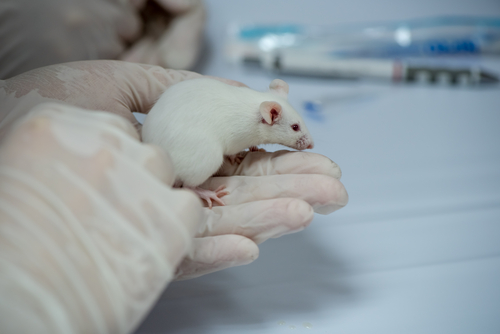Low Coenzyme Q Is Common Among Genetic Models of Mitochondrial Dysfunction, Study Finds

Defective cellular energy production by mitochondria can result from abnormal expression of enzymes involved in the synthesis of the essential co-factor coenzyme Q, a study with mice revealed.
This finding resulted from the collaborative work between researchers at the Max Planck Institute for Biology of Ageing, in Germany, and at the Karolinska Institutet, in Sweden.
The study, “Transcriptomic and proteomic landscape of mitochondrial dysfunction reveals secondary coenzyme Q deficiency in mammals,” which appeared in the journal eLife, provides new insights into the underlying mechanism of mitochondrial dysfunction and opens new potential avenues for therapeutic targeting.
The mitochondrial oxidative phosphorylation (OXPHOS) system is the last step of the complex process of cellular energy production. When OXPHOS fails the mitochondria are unable to produce the necessary energy and cells will not work properly, contributing to the development of human diseases and aging.
“The molecular consequences of OXPHOS dysfunction are hard to predict,” Inge Kühl, PhD, lead author of the study, said in a news release. “Recent advances in high-throughput technologies in proteomics, metabolomics and sequencing have increased our knowledge of mitochondrial function. However, the events that accompany OXPHOS dysfunction and contribute to mitochondrial diseases are still poorly understood and the treatment options are limited.”
To better understand the relation between OXPHOS dysfunction and mitochondrial dysfunction, the team conducted a thorough analysis of the many changes that happen in a cell and in mitochondria when the OXPHOS system is impaired in the heart. To do so, they compared the cellular profiles of five mice models that had been genetically engineered to lack specific mitochondrial genes required for the OXPHOS process.
With this approach, the team identified several genes and proteins that were differentially expressed in the mice due to OXPHOS dysfunction, but more importantly, they found an expression pattern that was common to all animal models.
In response to OXPHOS dysfunction, the mitochondria of the five mice models presented severely reduced levels of enzymes that are necessary to produce coenzyme Q, also known as ubiquinone. Coenzyme Q participates in the OXPHOS system and is essential for a successful energy production by mitochondria.
“Altogether, our comparative analyses provide a high-quality resource of altered gene expression patterns under OXPHOS deficiency,” said Maria Miranda, PhD student at the Max Planck Institute for Biology of Ageing and co-author of the study. “Our datasets can be mined for future studies in this area and will hopefully contribute towards improved patient diagnosis and research on future treatment strategies.”






